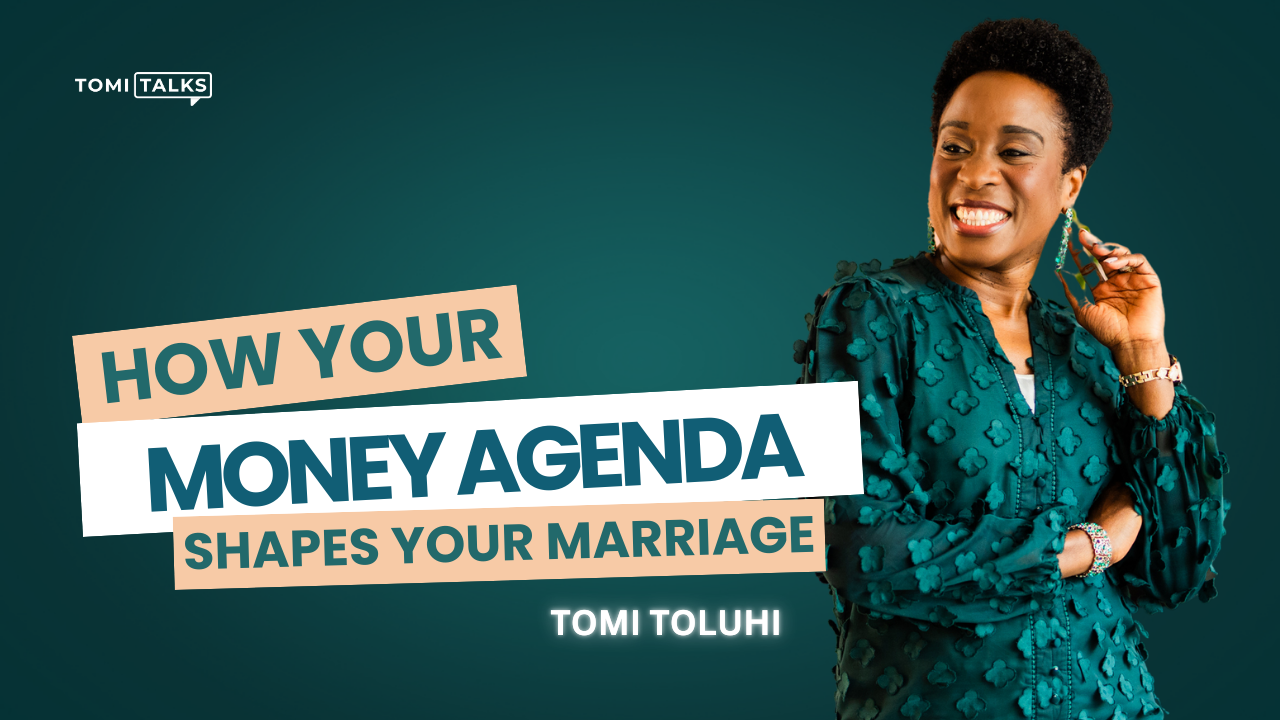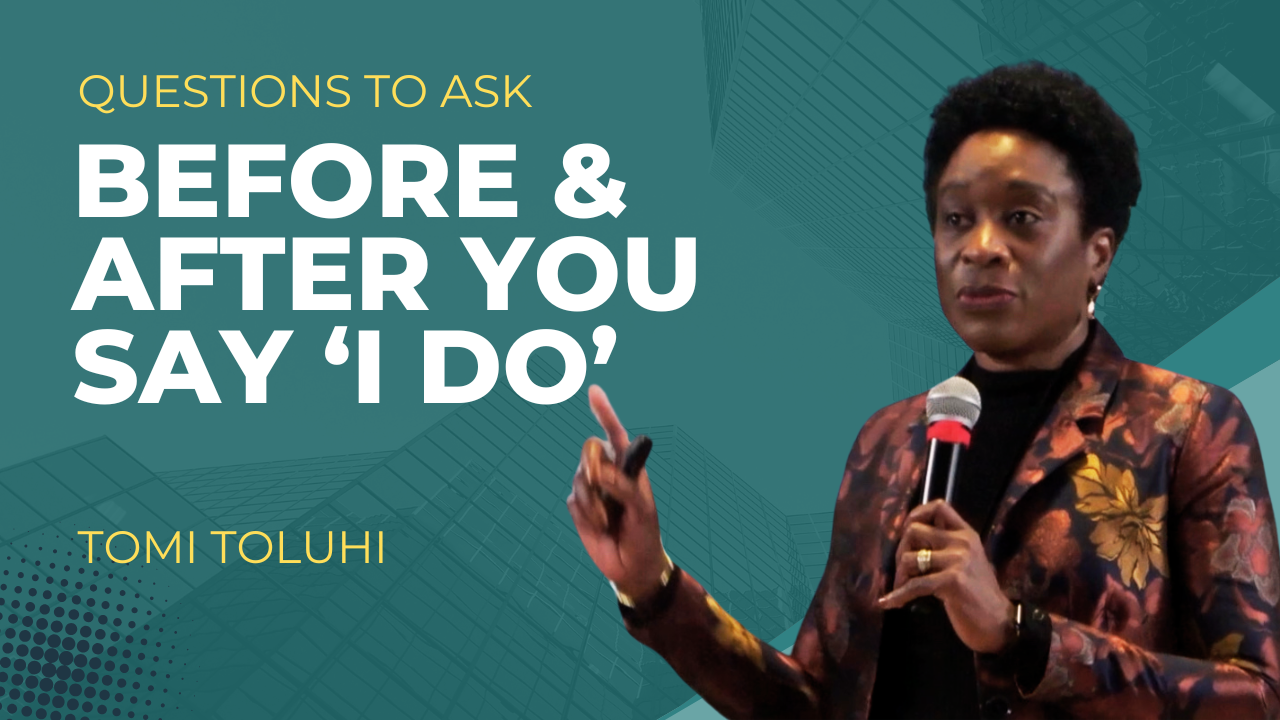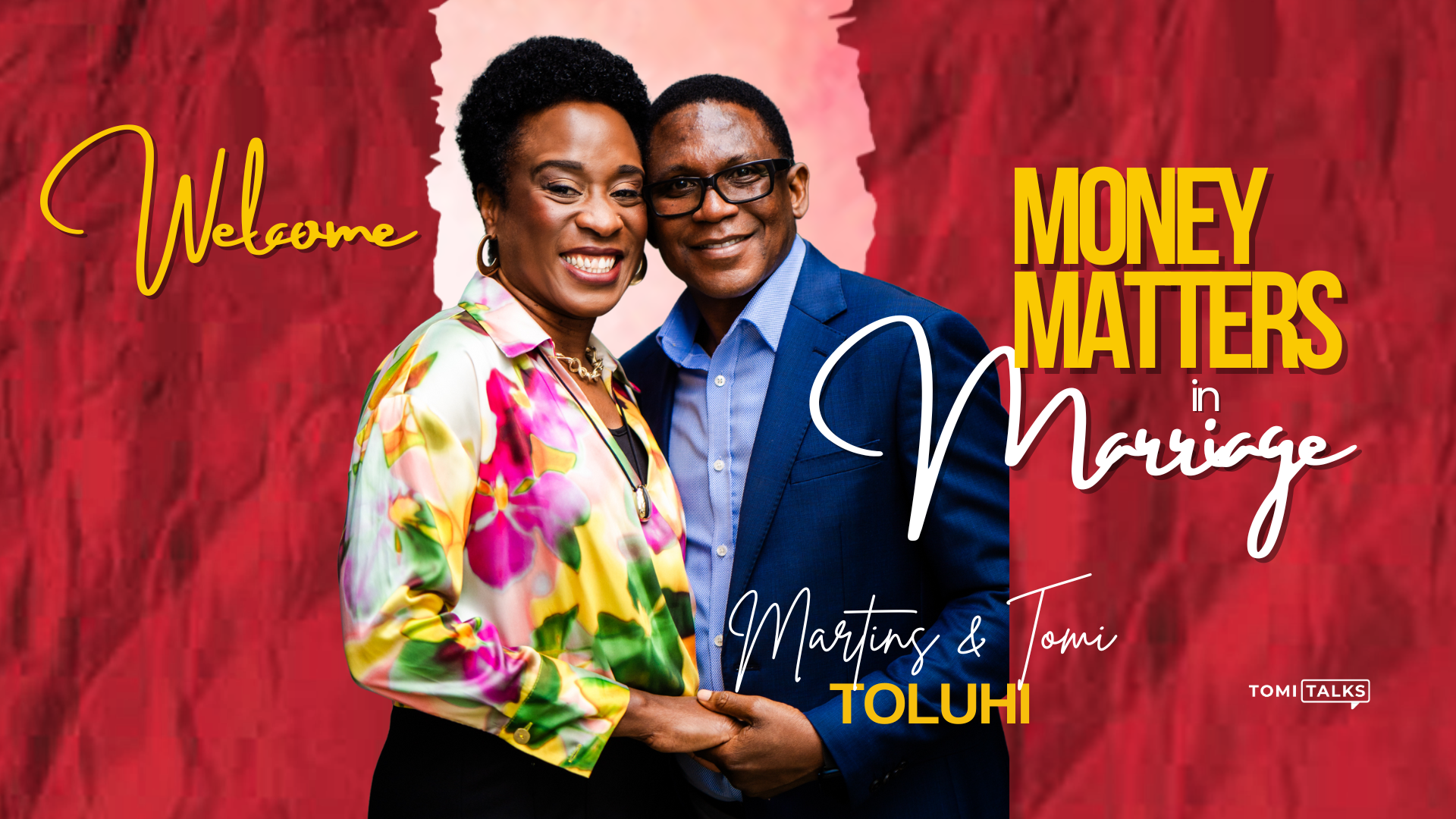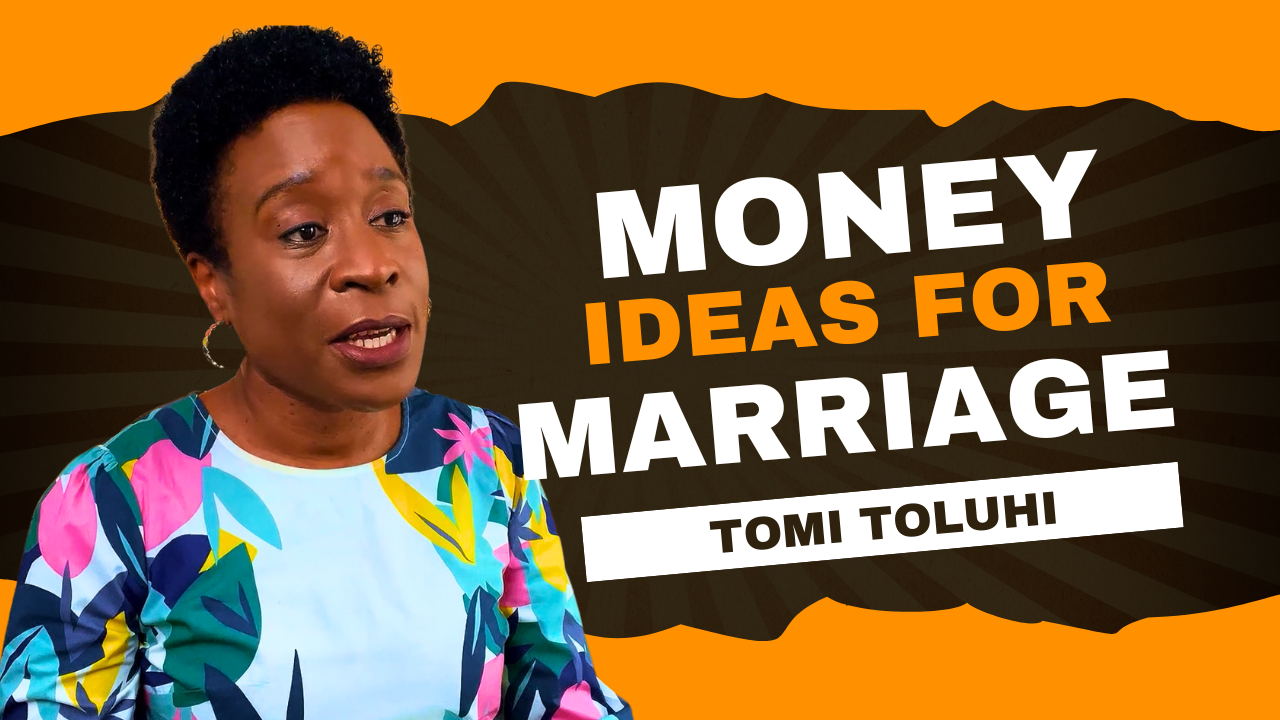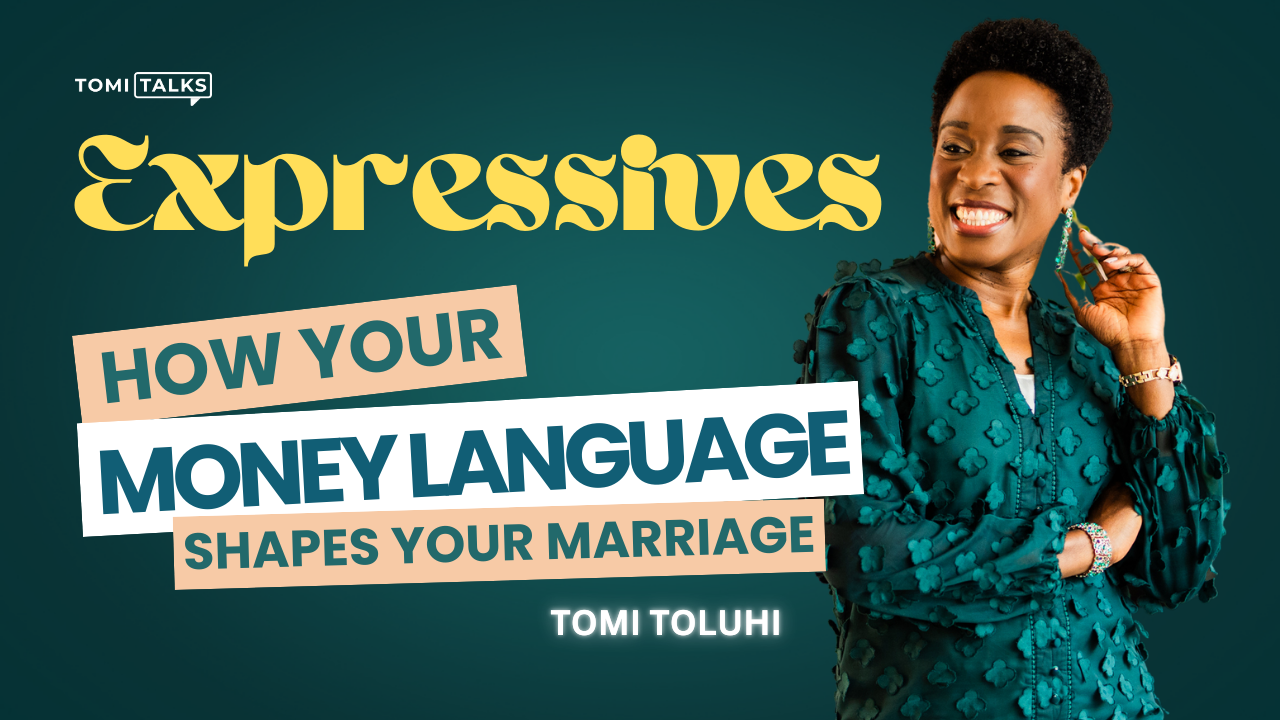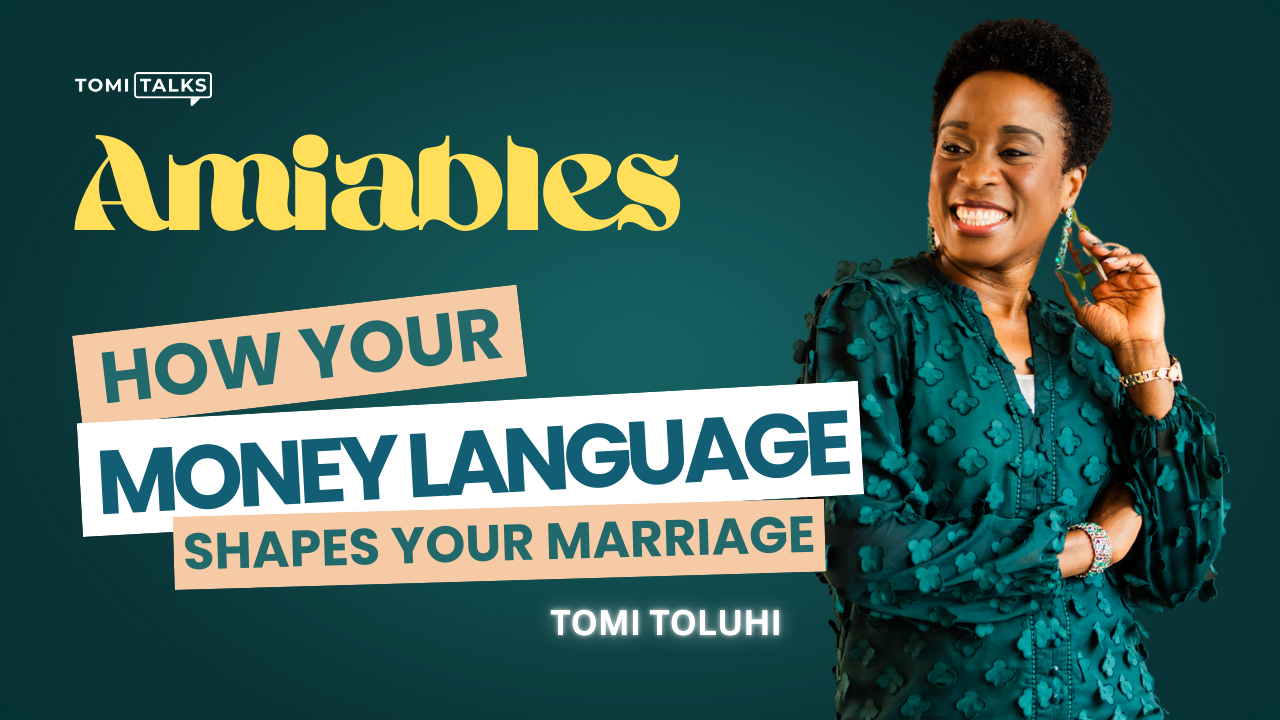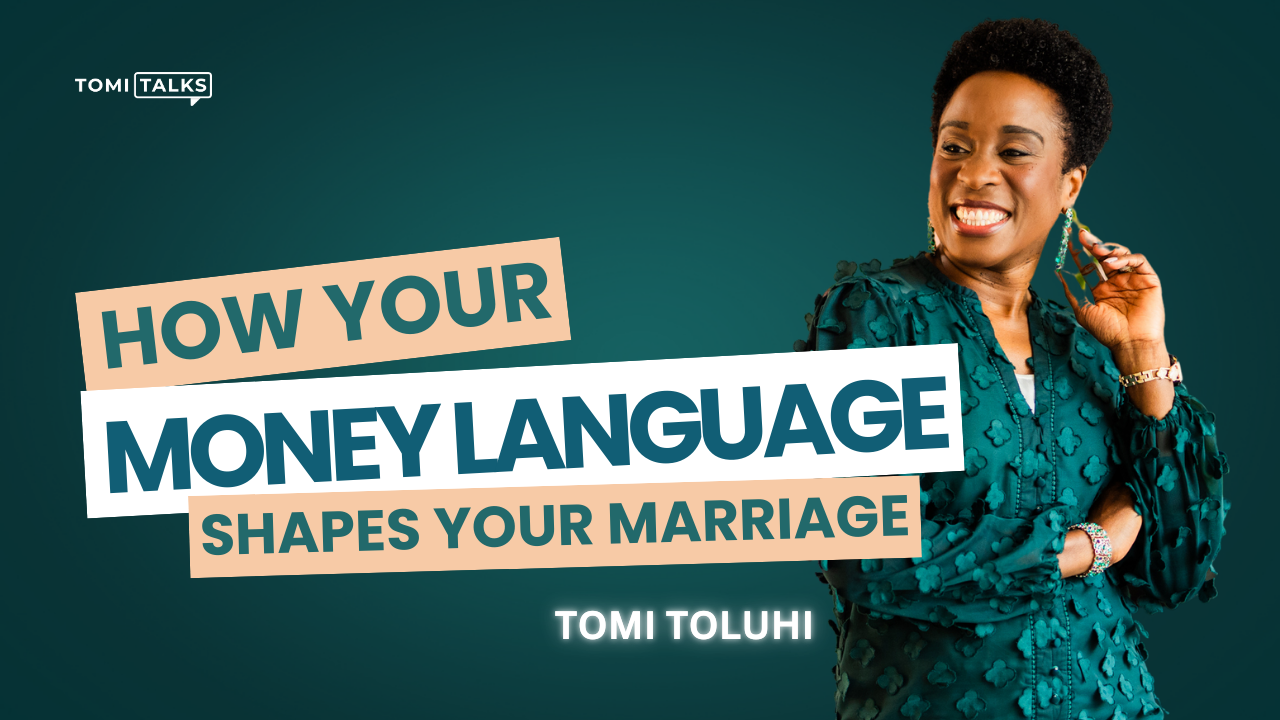Why words matter in a marriage

Words, words, words! Imagine for a moment what our world would be like without words; a silent wordless world. No words of love, no words of hope, no way to express our thoughts and feelings. How unthinkable! As a matter of fact, our world would not even exist without words because our world was created by the spoken Word of God. On the other hand, James 3:5 reminds us of the tremendous potential for damage in ill-chosen words. ‘The tongue is a small thing but what enormous damage it can do. A tiny spark can set a great forest on fire.’ Words can be creative or destructive, depending on how we choose to use them.
Every love relationship is initiated by the right words spoken at the right time. Words are a vehicle which we use to convey our love to one another. They are the currency of exchange in a meaningful relationship. The right words spoken can open up limitless possibilities in a relationship while the wrong words can grind a relationship to a halt permanently. Many dying marriages have been revived and revitalised by the introduction of the right words; conversely, thriving marriages have been terminated by the introduction of the wrong words.
The covenant of marriage is enacted simply by covenant words spoken – marriage vows, but that is only the beginning. As soon as the wedding band stops playing and you put away your gown and your suit, the atmosphere of your marriage is being created daily by the words that you speak into it. An exciting marriage is a product of carefully chosen, uplifting words which engender trust and intimacy; an uninspiring marriage is a product of the right words perpetually left unsaid; a stormy marriage is a product of the wrong words thrown around carelessly. Words create atmosphere.
Many husbands and wives, by the way they choose to speak to their partners daily, demonstrate that they have failed to grasp the significance of the words they speak into their marriage. Proverbs 18:20-21 makes a very strong statement about the power of words. ‘Wise words satisfy like a good meal; the right words bring satisfaction. The tongue can bring death or life; those who love to talk will reap the consequences.’ Simply put, words are cause and effect. What you say in your marriage is what you can expect to see play out because words reproduce after their kind. Words are seeds that go into the future and prepare a harvest for you. Seeds of love produce a harvest of love; seeds of hope produce a harvest of hope; seeds of anger produce a harvest of anger; seeds of fear produce a harvest of fear.
What kinds of words are you investing in your marriage? The direction of your marriage is navigated by the words of your mouth so you need to ask yourself, ‘Are my words touching or toxic, healing or killing?’ Your answer could well explain the atmosphere in your home. If you are gifted with the words, make sure you’re always speaking the right words to your spouse. If you’re not a natural talker, remember that silence can starve a marriage. It is a worthwhile investment in your marriage to learn to convey your love with words. Communication is a two-way street so stretch yourself to empower your marriage with words.
Every word you speak into your marriage is either a deposit or a withdrawal. Negative comments, criticism, words of fear, anger or discouragement, all make massive withdrawals and can bankrupt your marriage. one of the best decisions you can ever make is to make a habit of speaking positive words to your spouse. Psychologists have determined that it takes eight to ten positive comments to offset the damage done by one negative comment so don’t indulge in negativity. If you do need to deal with issues in your marriage, do it constructively. There is a huge difference between speaking for effectiveness and speaking for effect. Speaking for effectiveness means that you are aiming to achieve a satisfactory resolution to an issue with minimum damage. Speaking for effect, on the other hand, means that you are simply pouring out the words as they come to you, regardless of how destructive, in an attempt to ‘get it off your chest’ and create the maximum impact. Speaking for effect is how people win an argument at the expense of the relationship. That is a luxury you cannot afford if you aim to create a stable, satisfying marriage.
So what kinds of words would enhance your marriage? Words of affection for a start. Don’t be like the old farmer who, when asked whether he loved his wife, grumpily declared, ‘I told my wife 35 years ago when I married her that I love her. If I have not informed her otherwise, it means I have not changed my mind yet!’ Women particularly respond to words of affection so, husbands, be generous with your words of affection. Words of appreciation are also critical because they place value on your partner. Thanking your partner constantly for who they are and what they do, regardless of how small, will prevent you from taking them for granted. Also, speak words of encouragement that will impart hope to your partner. You should be the greatest cheerleader your spouse has. A resounding ‘You can do it!’ from you may be just the boost they need to scale the latest hurdle at work. Your words can keep your partner going in the midst of the deepest trials.
Words of admiration communicate respect. Men, in particular, thrive on words that celebrate their achievements. Don’t overlook your partner’s achievements while the rest of the world is celebrating them. Communicate admiration for his or her looks, person, and accomplishments. Speak words of affirmation that say, ‘I believe in you!’ and ‘I am here for you’. One word from you could make the difference between quitting and pressing on for your partner. Lastly, words of reconciliation are a healing balm to your marriage. ‘I’m sorry’ and ‘I forgive you’ will clear the air in your marriage after a conflict.
Above all, study your partner’s response to your positive words and give them what they need. Some people respond better to words of affection than words of admiration, for instance, so adapt your communication for maximum positive influence. Concentrate on the words that mean the most to your spouse. Speak life into your marriage today and watch it bloom.
